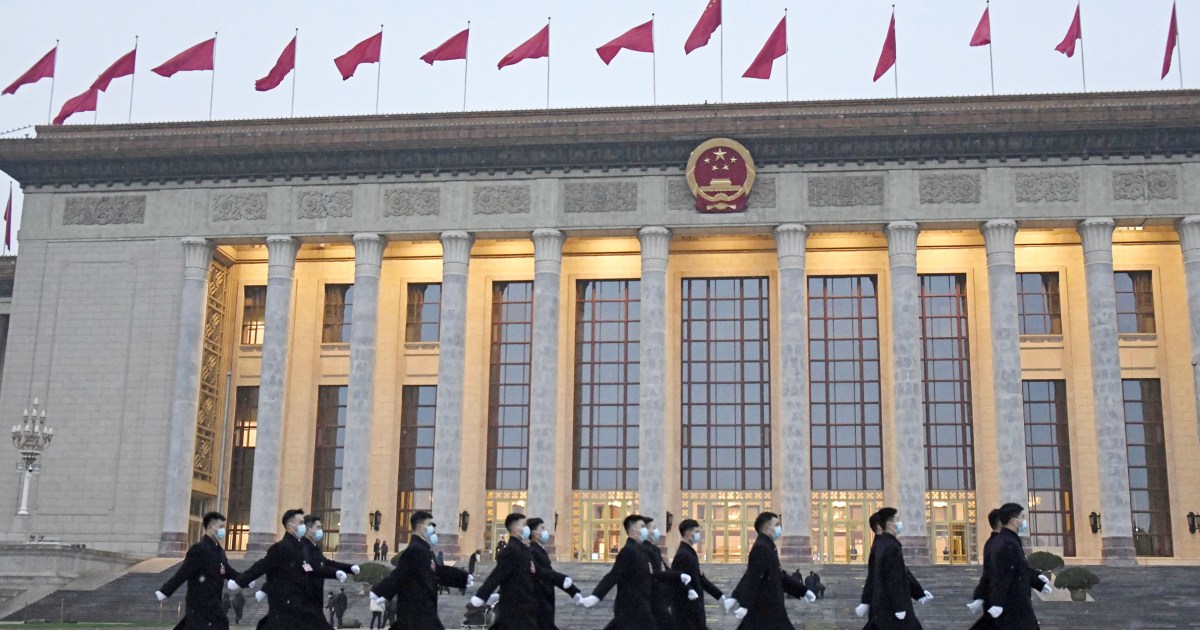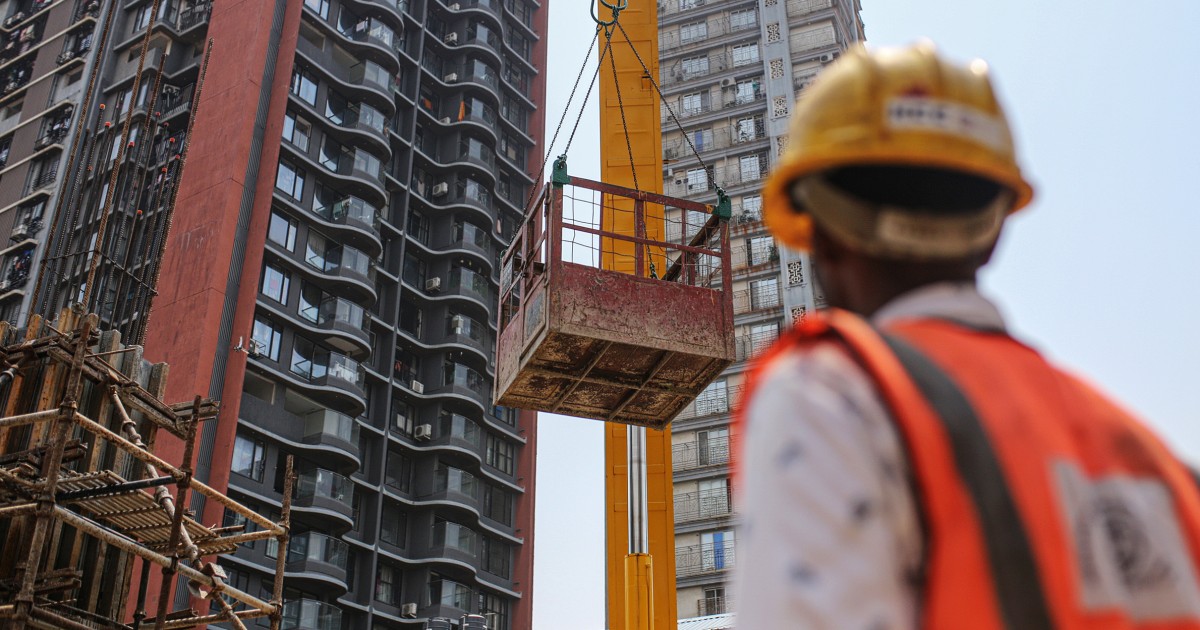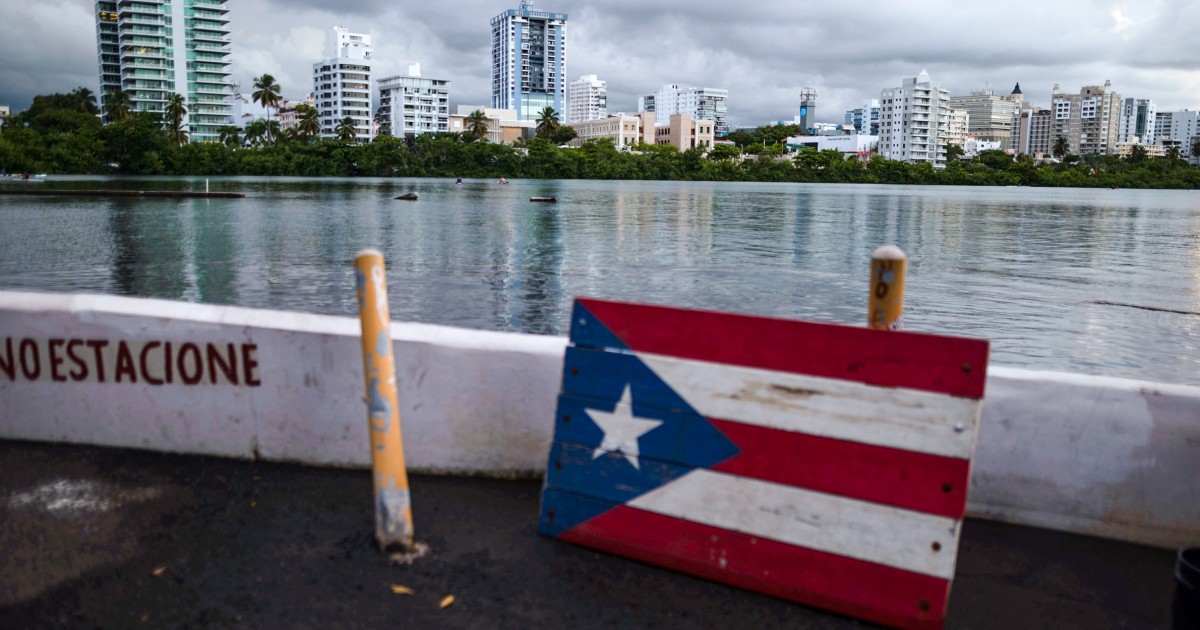A state law that would ban TikTok in Montana next year was blocked Thursday.
U.S. District Judge Donald Molloy issued a preliminary injunction, saying SB 419 “oversteps state power and infringes on the constitutional rights of users,” according to court documents obtained by NBC News.
Montana became the first state to issue a TikTok ban in May, when Gov. Greg Gianforte signed the bill. The ban was slated to go into effect in January 2024. Every time a user was offered the ability to download the app would have been considered a violation of the ban. Each violation could carry a $10,000 penalty, with enforcement handled by the Montana Justice Department. TikTok and the app stores would have been held liable for the violations — not the Montanans using the app.
Five content creators — Samantha Alario, Heather DiRocco, Carly Ann Goddard, Alice Held and Dale Stout — brought a suit against Montana after the bill was signed, saying the ban both infringed on their freedom of speech while simultaneously exercising “power over national security that Montana does not have.” TikTok, which is owned by the China-based ByteDance, also sued the state.
In an email statement, a spokesperson for TikTok said the platform is “pleased the judge rejected this unconstitutional law and hundreds of thousands of Montanans can continue to express themselves, earn a living, and find community on TikTok.”
Ambika Kumar, the lead counsel representing the TikTok creators, said in a statement that they were, “delighted that the judge recognized that the ban is unwarranted and unconstitutional.”
In response to Molloy’s decision, Emilee Cantrell, a spokesperson for the Montana Attorney General’s office, said “this is a preliminary matter at this point.”
“The judge indicated several times that the analysis could change as the case proceeds and the State has the opportunity to present a full factual record,” she said in an email statement. “We look forward to presenting the complete legal argument to defend the law that protects Montanans from the Chinese Communist Party obtaining and using their data.”
A spokesperson for Gianforte’s office did not immediately respond to a request for comment.
During an Oct. 12 hearing in Missoula, Molloy grilled representatives of the state attorney general’s office, asking whether Montana Solicitor General Christian Corrigan found it “a little strange” that no other state had followed Montana’s lead in banning TikTok.
“Everybody on TikTok voluntarily gives their personal data. So if they want to give that information to whatever the platform is, how is it that you can protect them?” Molloy asked Corrigan during the hearing.
Corrigan replied that Montanans “don’t know what they’re doing. They’re exposing themselves to the Chinese military. So we need to say ‘ban TikTok citizens from exercising certain individual liberties.’”
Alexander Berengaut, a lawyer for TikTok, argued that the ban overstepped federal law by creating foreign policy that applied only to Montana.
Scrutiny over TikTok has continued to mount across states and at the federal level, with many officials citing security concerns. According to The Associated Press, “more than half of U.S. states and the federal government have banned TikTok on official devices.”
A Utah lawsuit alleges TikTok knowingly uses its technology to keep children engaged with its content, which could include harmful material. Both Arkansas and Indiana have brought suits against TikTok, also citing child safety concerns.
The Biden administration had previously threatened a potential ban of the video sharing app if its Chinese owners refused to sell their stakes in it.
In March, TikTok’s CEO Shou Zi Chew testified before Congress in an attempt to address some concerns, saying the social media platform is safe and secure for teenagers and other users. A handful of TikTok creators also rallied in Washington, D.C., to show their support for the app and protest a potential ban.











